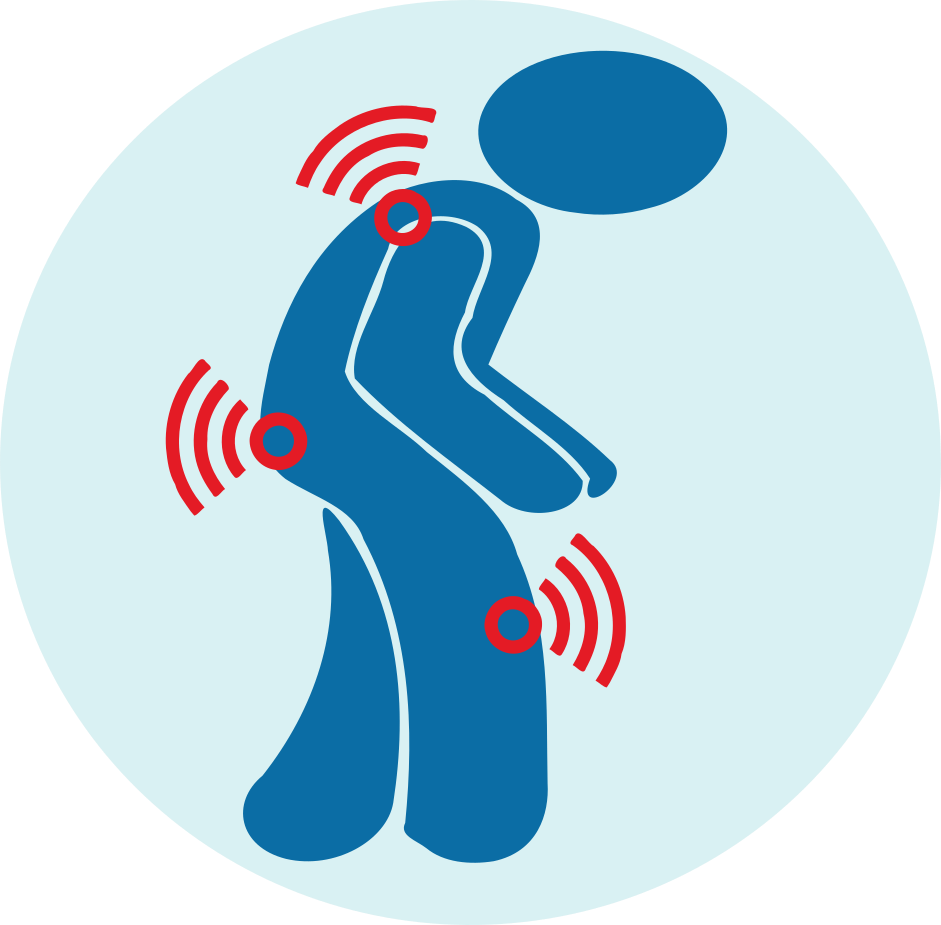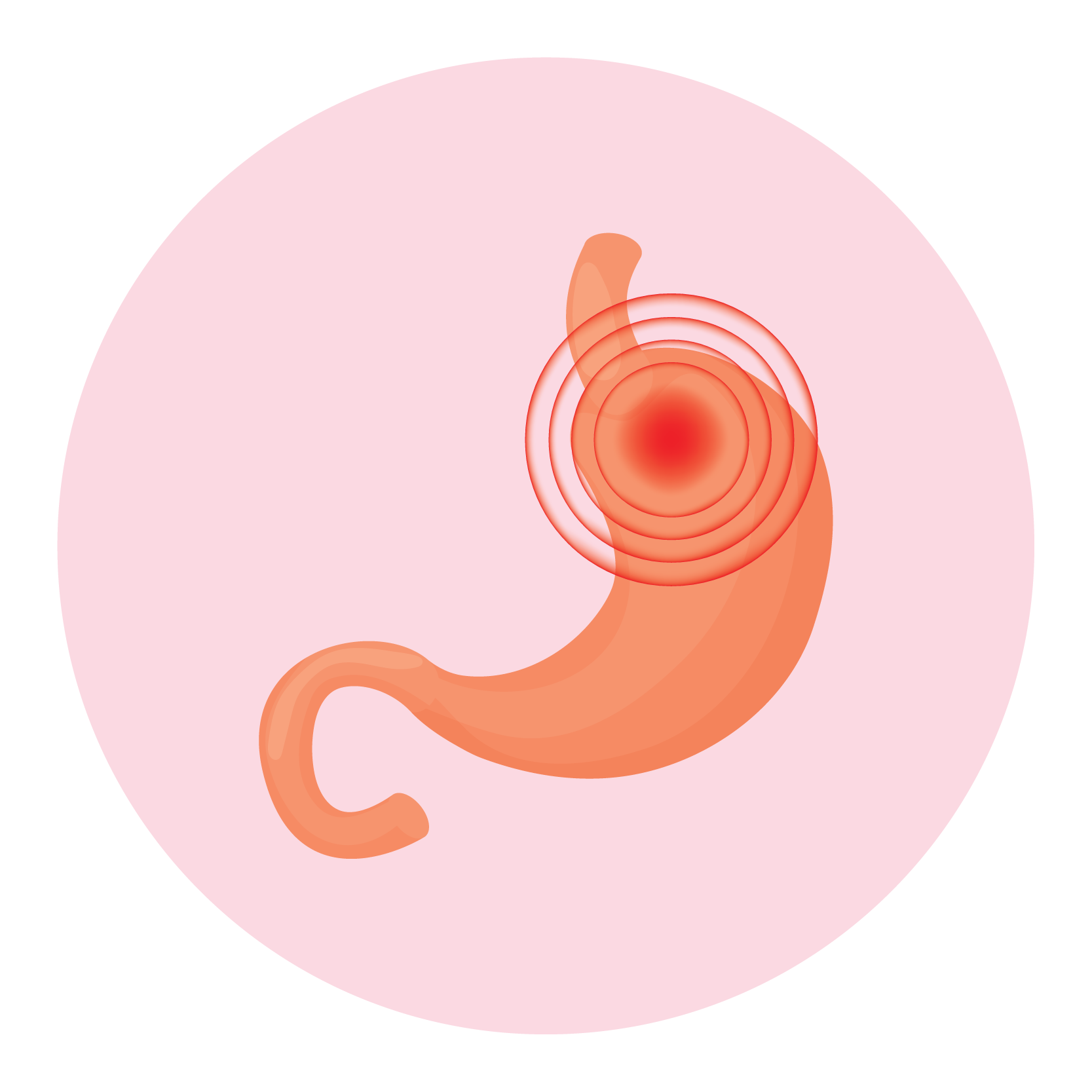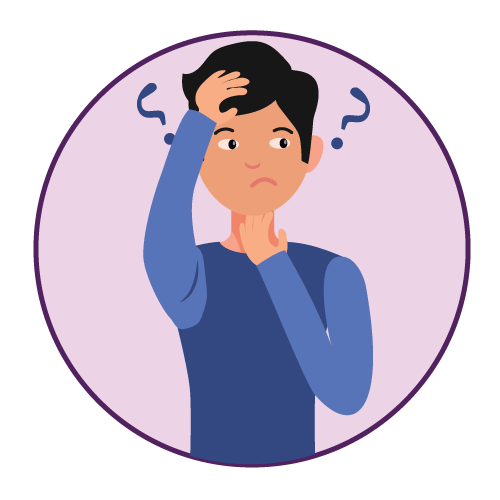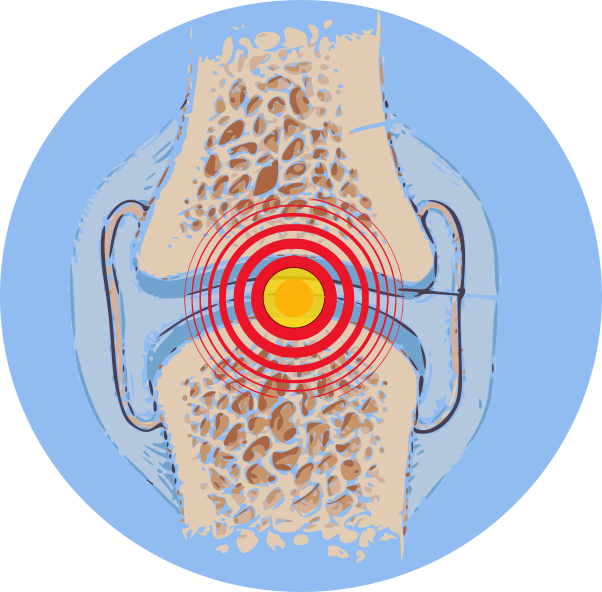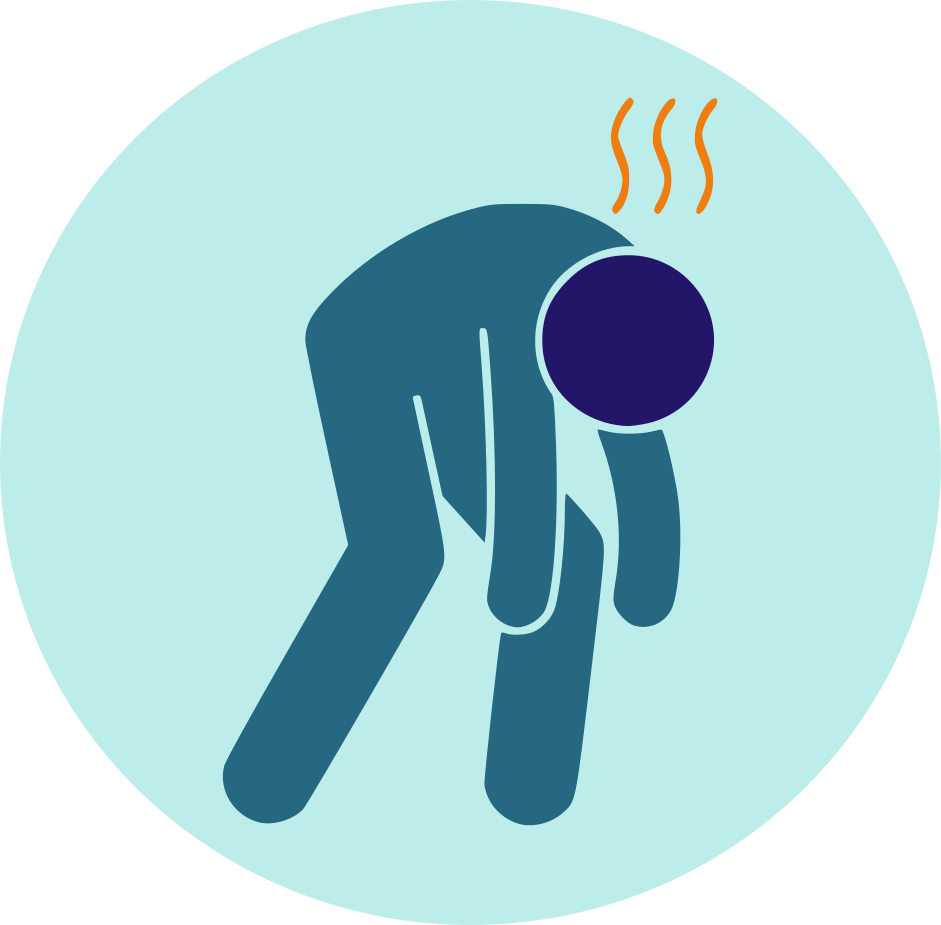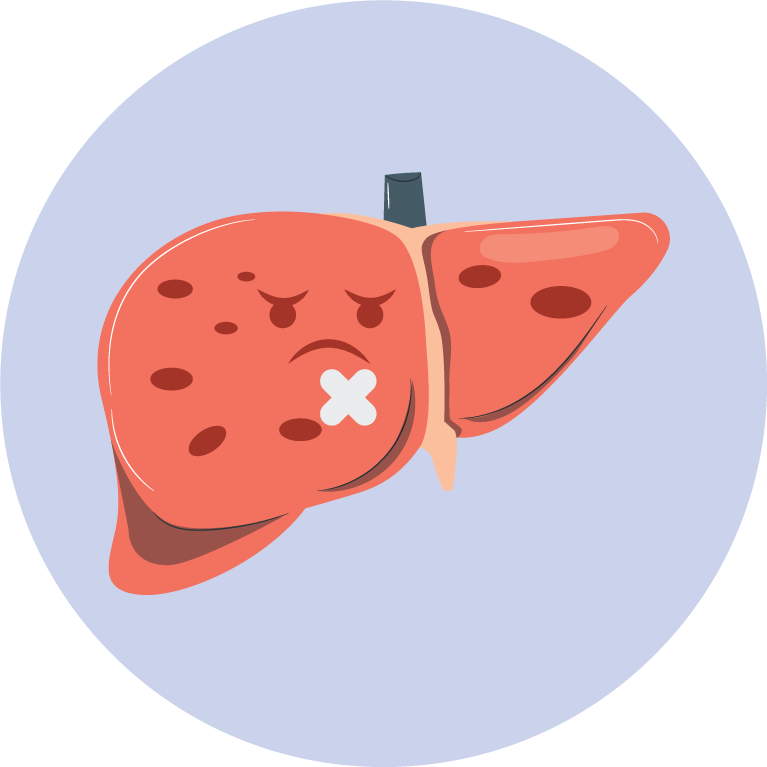| Name | Selegiline Hydrochloride |
| Classes |
Central Nervous System Agent Anti-Parkinson Agent Dopamine Agonist / Dopaminergic Agent Monoamine Oxidase Inhibitor (MAOI) |
| Diseases |
Neuromascular Disorder Parkinson's Disease |
Selegiline Hydrochloride
Selegiline Hydrochloride belongs to a class of drugs called the Mono Oxidase Inhibitors (MAO). MAOs are enzymes responsible for the catabolism of neurotransmitters like epinephrine, norepinephrine and dopamine. Thus selegiline increases the level of these neurotransmitters by inhibiting MAOs.
Selegiline Hydrochloride is indicated for the treatment of Parkinson's disease.
1.25 mg administered once a day for at least 6 weeks should be the starting dose. If a desired benefit has not been reached after 6 weeks and the patient is tolerating Selegiline HCl, the dose may be increased to 2.5 mg once day. There is no evidence that doses higher than 2.5 mg per day provide any further benefit, and they should generally be avoided due to the increased risk of side effects.
- Stomatitis
- Sleeping disorders
- confusion
- hallucinations
- depression
- Abnormal movements
- dizziness
- headache
- impaired balance
- tremor
- Vertigo
- Bradycardia
- hypotension
- hypertension
- Arthralgia
- back pain
- muscle cramps
- Fatigue
- Liver dysfunction
- Selegiline HCl should not be used at daily doses exceeding those recommended (2.5 mg/day) because of the risks associated with non-selective inhibition of MAO.
- Severe CNS toxicity associated with hyperpyrexia and death has been reported with the combination of tricyclic antidepressants and non-selective MAOIs or a selective MAO-B inhibitor, swallowed selegiline. These adverse events have included behavioral and mental status changes, diaphoresis, muscular rigidity, hypertension, syncope, and death.
- Epidemiological studies have shown that patients with Parkinson’s disease have a higher risk (2- to approximately 6-fold higher) of developing melanoma than the general population.
- Some patients given Selegiline HCl may experience an exacerbation of levodopa associated side effects, presumably due to the increased amounts of dopamine reacting with super sensitive, post-synaptic receptors.
- There was an increased report of mild oropharyngeal abnormality (e.g. swallowing pain, mouth pain, discrete areas of focal reddening, multiple foci of reddening, edema, and/or ulceration) in controlled clinical trials.
Contraindication
- Contraindicated in patients hypersensitive to any component of the medication.
- Selegiline HCl is contraindicated for use with meperidine, tramadol, methadone, and propoxyphene.
- Selegiline HCl should not be used with the antitussive agent dextromethorphan
None known.
None known.
 Bangla
Bangla English
English